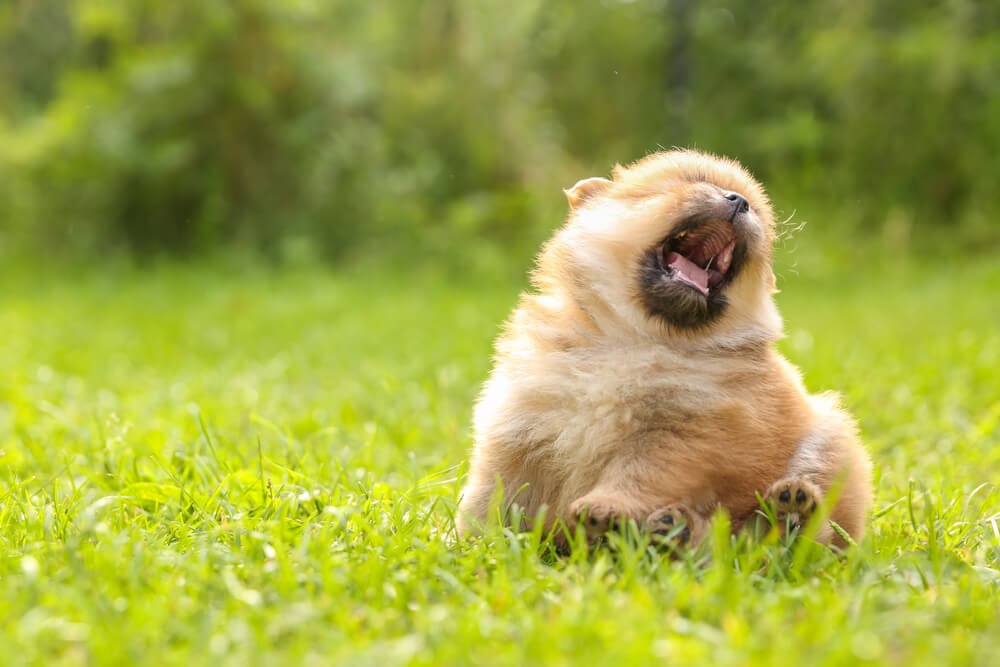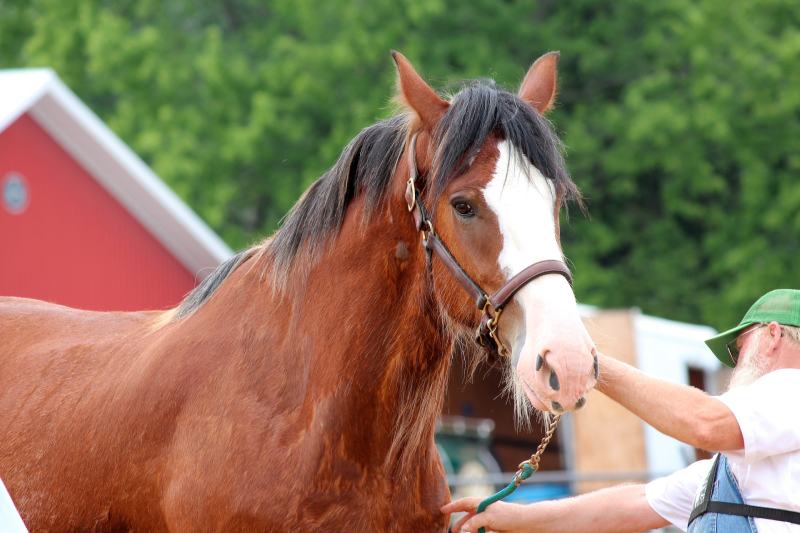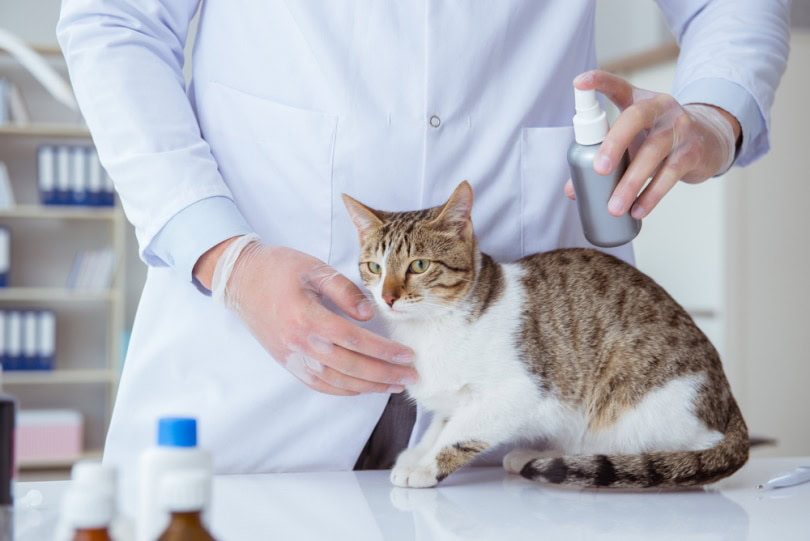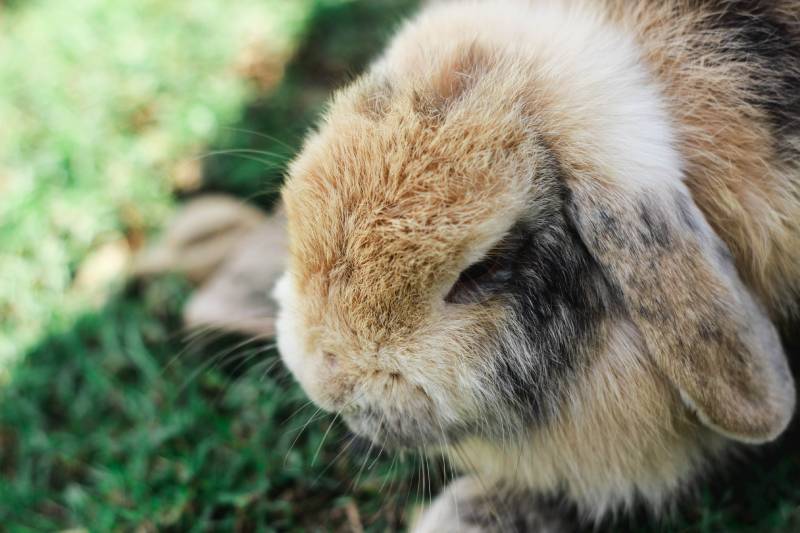VET APPROVED

The information is current and up-to-date in accordance with the latest veterinarian research.
Learn more »Click to Skip Ahead
If you’re like many new puppy owners, every move your pet makes might seem adorable, even sneezing. However, if your puppy keeps sneezing, you might be worried. In this article, we’ll tell you seven common reasons your puppy might be sneezing, plus when you should be concerned that there’s something serious going on.

The 7 Reasons Why Your Puppy Keeps Sneezing
1. Excitement
One of the most common reasons puppies sneeze is to communicate excitement to other dogs and people. Puppies may sneeze while socializing with other dogs or you may notice them having a sneeze attack when you get home from work or get out the leash to go for a walk.
Anytime your puppy is happy or excited, they might start sneezing. Sometimes, puppies will sneeze as a way to show submission. Frequently, your puppy’s sneezing might just be their way of trying to tell you or another dog something.
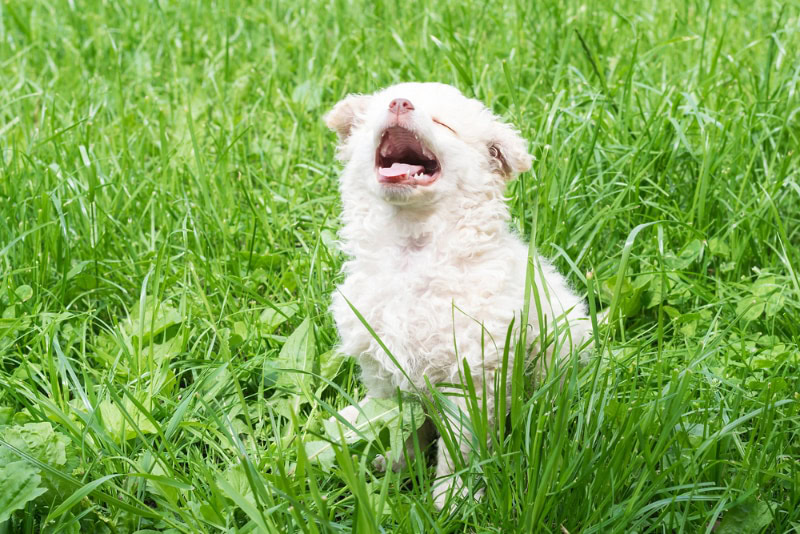
2. Inhaled Foreign Material
Another reason your puppy keeps sneezing could be that they’ve snorted foreign material into their nose. Dogs use their nose as their chief investigative tool and may sometimes inhale something into their nasal passages.
Usually, the problem occurs when your puppy is sniffing outside. Foxtails, grass, twigs, leaves, or bugs could get stuck in your puppy’s nose as they explore. When this happens, your puppy may sneeze excessively and paw at their nose, trying to dislodge the foreign item.
3. Nasal Irritation
Puppies may sneeze if they sniff or inhale something irritating their nose. For example, strong fragrances, dust, pollen, or smoke could make your puppy sneeze.
These substances are made up of tiny particles that may get stuck in your puppy’s nose and cause irritation. The puppy may sneeze repeatedly, attempting to dislodge the particles and clear their nasal passages. Inside the home, scented candles, cooking odors, or essential oil diffusers are common causes of nasal irritation.
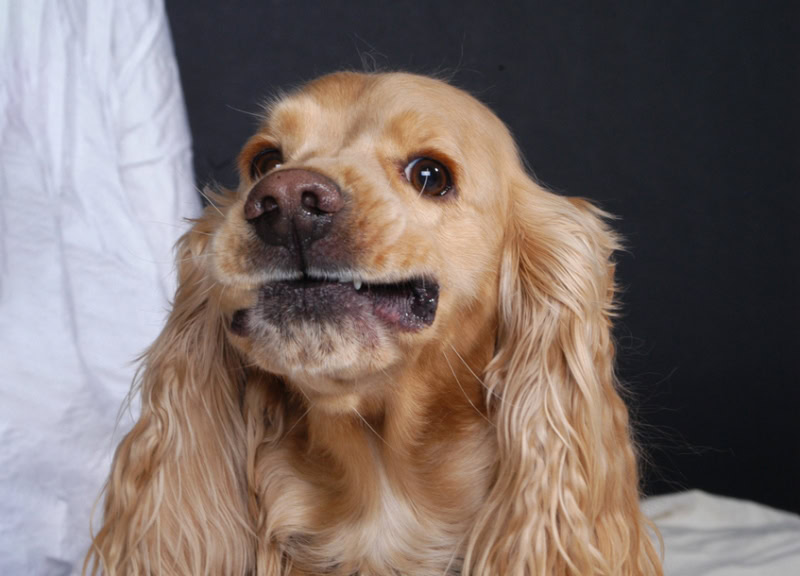
4. Infection
Sneezing is a possible sign that your puppy has developed an upper respiratory infection. Bacteria, fungal spores, or viruses can cause infections. Typically puppies that spend time in crowded living situations, like an animal shelter, are at higher risk of developing upper respiratory infections or catching kennel cough. Typically, you’ll notice other signs, including nasal discharge, coughing, fever, and lethargy.
5. Allergies
Allergies are a less common cause of sneezing in young puppies, as they typically take time to develop. However, older puppies, especially of breeds prone to allergies, could still be impacted. Generally, sneezing can be a sign of environmental allergies, such as pollen, dust mites, or other pets.
Environmental allergies may occur seasonally or all year round. If your puppy’s sneezing is related to allergies, you may notice other signs, such as frequent scratching or watery eyes.
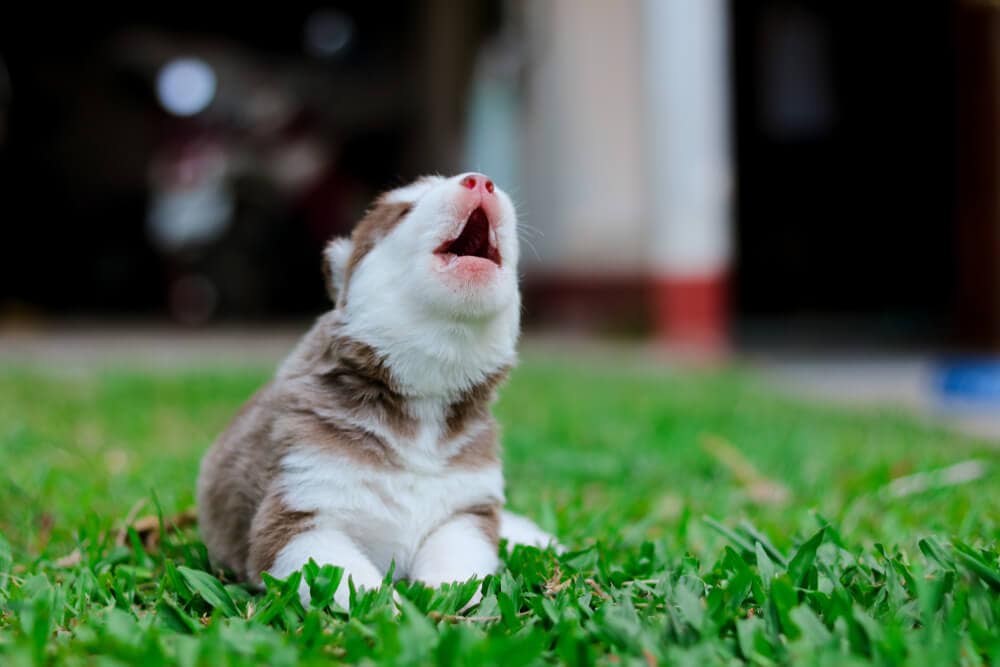
6. Nasal Mites
If your puppy likes to dig, they could be sneezing due to nasal mites. These small bugs live in the dirt and can crawl or be inhaled into your puppy’s nose. Puppies who dig or are in contact with other infected dogs are most at risk of becoming infested with these pests.
Once inside the puppy’s nose, nasal mites cause intense irritation and inflammation. In addition to frequent sneezing, nasal mites often cause thick and sometimes bloody nasal discharge.
7. Breed-Related Issues
Sometimes, your puppy keeps sneezing because of their breed. Brachycephalic dog breeds with smooshed faces and short noses are more inclined to sneeze because their nasal passages are more restricted than dogs with longer noses.
Boston Terriers, Bulldogs, and Pugs are some of the dogs that may sneeze more frequently. Brachycephalic breeds are also more likely to snort, a sound often confused with sneezing. However, snorting occurs when the puppy inhales noisily while sneezing forcefully blows air out.
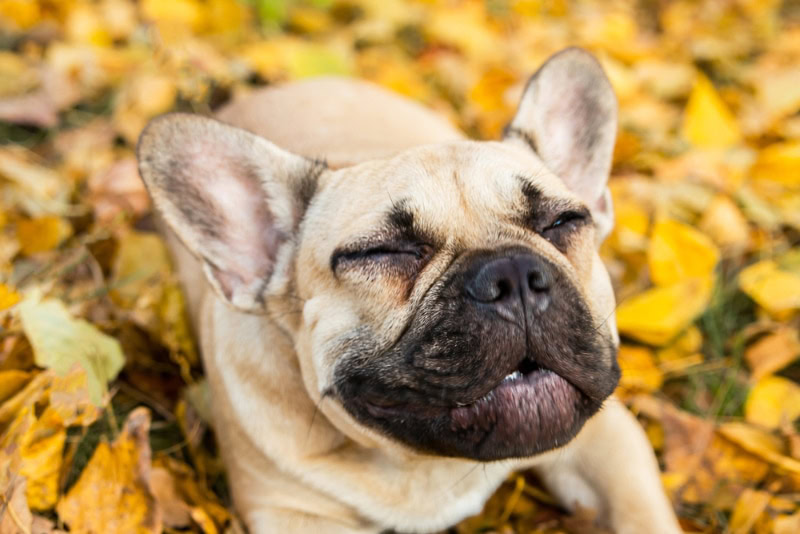

Should You Be Concerned If Your Puppy Keeps Sneezing?
As you can see, there can be several reasons why your puppy keeps sneezing. So, when should you be concerned about it?
If your puppy’s sneezing seems excessive and doesn’t just happen when they’re playing or excited, it could be a cause for concern. Sneezing and other signs like nasal discharge, bloody nose, coughing, or wheezing may indicate a more serious medical problem. Lethargy, poor appetite, and weight loss are also troubling signs.
If your puppy sneezes frequently and paws or scratches at their nose, it could also point to a problem. Contact your vet if you notice any of these signs.

Conclusion
If you notice your puppy sneezing, one of the seven common reasons could be to blame. While sneezing can be a perfectly normal behavior, it could also indicate a medical problem. Even if you suspect you know what’s happening with your puppy, don’t give them any medication or treatment without talking to your vet first.
- See also: Rhinitis & Sinusitis in Dogs
Featured Image Credit: Petr Smagin, Shutterstock
